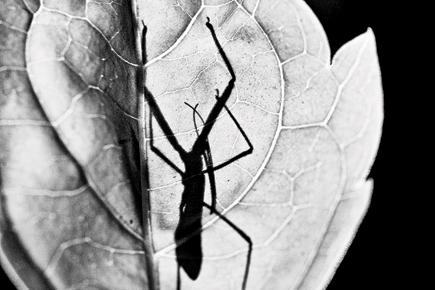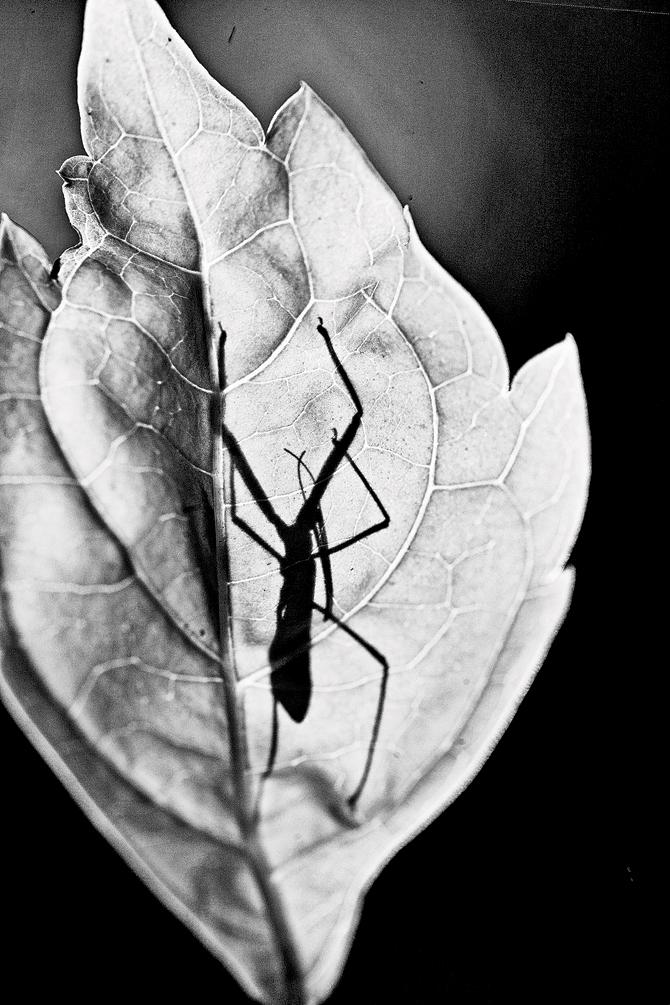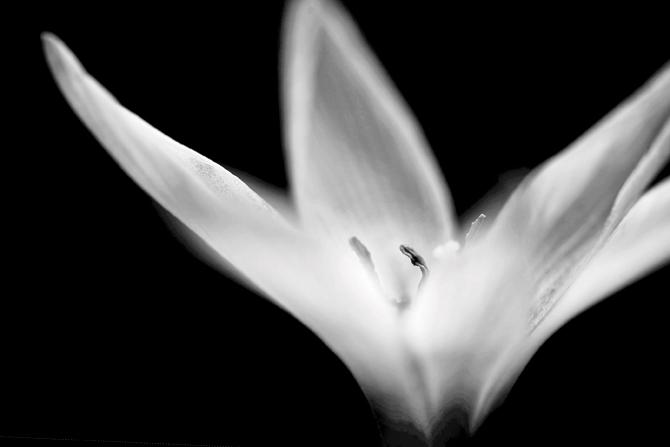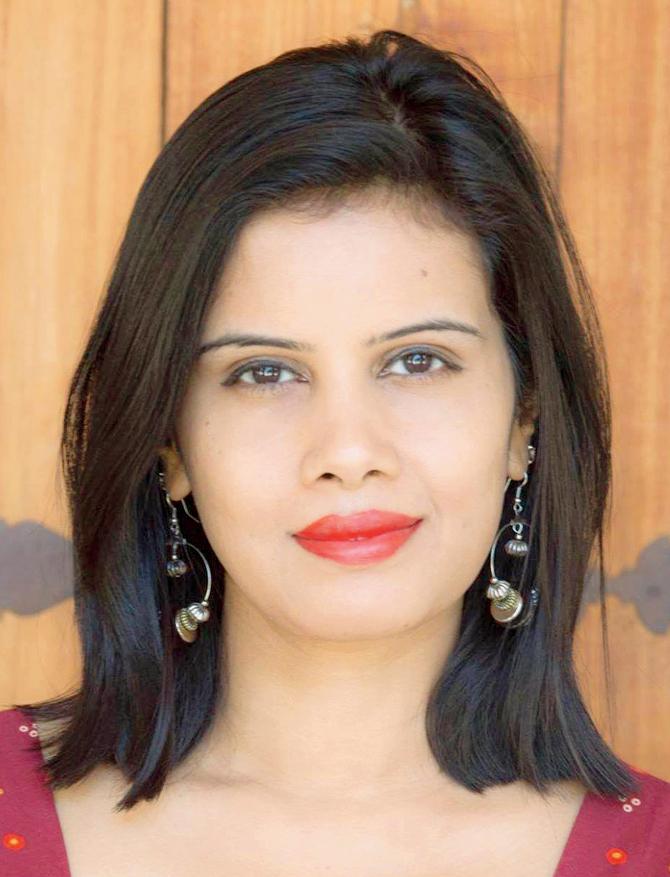Although the first ever coloured photograph was created in the mid-1860s, black-and-white photography - being more accessible and less expensive - remained a popular choice right until the middle of the 20th century


Simple shapes and a strong composition will help you create striking black-and-white images. High-contrast lighting, like in the photos above and to the right, also helps
ADVERTISEMENT
Although the first ever coloured photograph was created in the mid-1860s, black-and-white photography - being more accessible and less expensive - remained a popular choice right until the middle of the 20th century.
Today, shooting in black and white is considered more of an art form, and you can learn to click nature in all its monochrome glory by attending a workshop in Thane this weekend.
"Nature and wildlife are predominantly captured in vivid colours. However, shooting it in black and white gives it more depth and emotion," says Saritha Dattatreya, who is part of the creative talent management team at DCP Expeditions, which is organising the workshop.

The Hyderabad-based photographer will be in the city to conduct the workshop, which is split into two components. In the first half, the participants, along with Dattatreya, will head outdoors to click some photographs. The second half of the workshop will be used to learn how to process the images.
"We will be shooting in colour. This is important in order to be able to process the image correctly in black and white," says Dattatreya.
Over the course of the day, participants will learn to see and use elements like light, textures, forms, and patterns to create artistic monochrome images.

Saritha Dattatreya
"There is a vast difference when it comes to shooting in colour, and in black and white. You need to pay close attention to things like depth of field, lighting conditions as well as composition," she adds. The processing of the image, which will be done using photo editing software Photoshop, will help enhance the starkness and give it that artistic touch, she shares.
Dattatreya won't be touching on the basics of photography at the workshop, so it is important to have that in place before coming in. "Some elementary knowledge of Photoshop would also be helpful," she says.
 Subscribe today by clicking the link and stay updated with the latest news!" Click here!
Subscribe today by clicking the link and stay updated with the latest news!" Click here!











